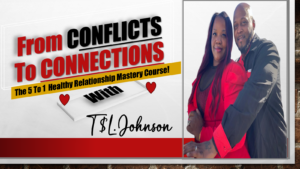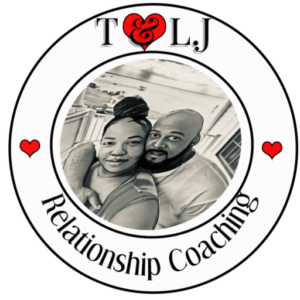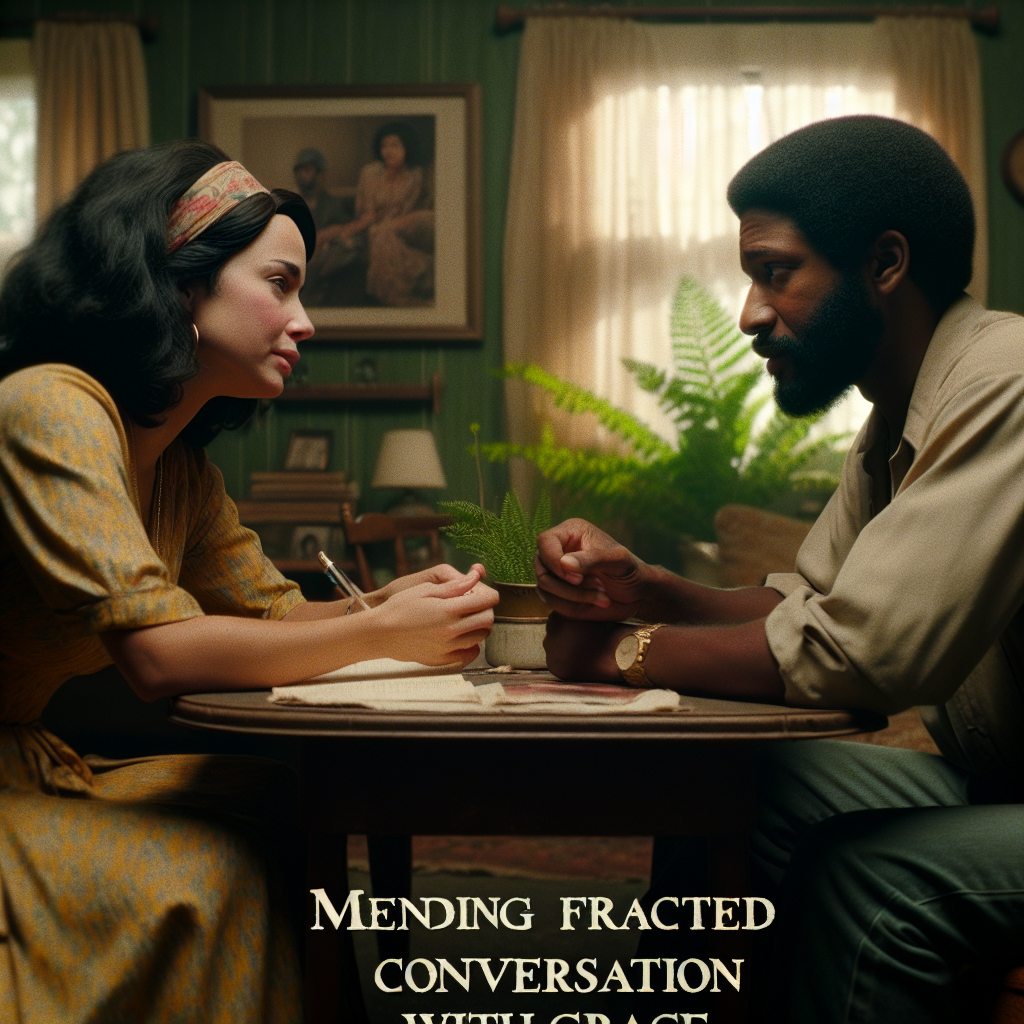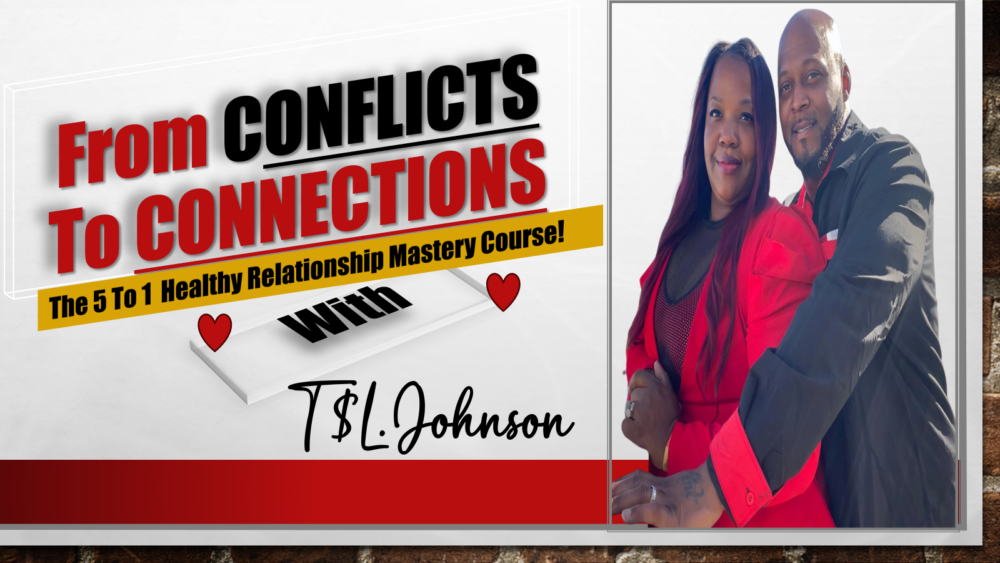Understanding the Roots of Conflict
Recognizing Emotional Triggers
In my journey, I’ve often found that before diving into a heated discussion, it’s crucial to identify what really gets under my skin. Those emotional triggers are often the opening act to bigger disagreements. For example, when I talk to a friend and they mention a sensitive topic, I can feel my cheeks heating up. Does that sound familiar to you? Recognizing these triggers early can help me approach conversations with a little more caution and thoughtfulness.
Next, I try to remind myself that my feelings are valid. It doesn’t matter if the other person doesn’t understand why I feel a certain way. My emotions are real, and being aware of them allows me to maintain control in conversations. I often pause to jot down these feelings before I communicate with others. This way, I have a clearer handle on what needs to be discussed without overly reacting.
By understanding that my triggers are deeply rooted, I often find it easier to express myself without flaring up. It turns into an educational moment for both me and the person I’m speaking with. I mean, who knew that emotional triggers could lead to deeper conversations and ultimately help mend fractured relationships?
Embracing Active Listening
Prioritizing Empathy Over Judgment
In my experience, one of the most underrated tools in conflict resolution is the art of listening. When I consciously set aside my own judgments and genuinely ask questions about the other person’s feelings, the atmosphere tends to soften. I focus on their words, but even more so, I pay attention to their emotions. This builds an empathy bridge that lifts the conversation from just words to a shared human experience.
Sometimes, I even find myself reflecting back what I’ve heard but with my own spin. It sounds something like, “What I’m hearing is…,” and it helps both of us clarify our talking points. This way, we’re not only exchanging sentences but sharing mutual understanding. Think about those moments when someone nailed how you felt — doesn’t it feel like a weight slowly lifts off your shoulders?
What I’ve realized is that practicing active listening doesn’t just help the other person feel heard; it also gives me some clarity, too. I walk away from the discussion not just with answers but with a broader perspective. It’s a game changer!
Choosing the Right Words Carefully
Framing Conversations Positively
Let’s be real; words hold weight. I’ve learned the hard way that simply rephrasing my thoughts can drastically shift a conversation’s tone. Instead of saying, “You never listen to me,” I try opting for, “I feel like I’m not being heard.” This subtle shift can turn what would feel like an accusation into a personal reflection. It’s about keeping the vibe open and collaborative rather than confrontational.
And then there’s the magic of “I” statements. Instead of “You always…”, I swap in “I feel…” – it’s a simple tweak that creates a world of difference. It avoids putting the other person on the defensive. Plus, it takes the responsibility off them for my feelings and places it on me. That’s a powerful move towards growth in a tense moment!
When I’m more mindful of my language, I find that I not only express myself better but also create a shared space for the other person to open up. They respond positively to the kindness in my approach, often softening their own stance in return. It’s a win-win situation!
Taking Accountability for Misunderstandings
Owning My Mistakes
I can’t stress enough how owning my mistakes has been a major stepping stone in mending cracks in conversations. When I realize I’ve misspoken or perhaps misstepped, owning up to it feels like lifting a heavy weight off my chest. There’s this immediate relief in acknowledging I’m not perfect, and it often disarms the other person too.

I once had a disagreement where I misjudged a friend’s intentions. When I owned up to my misunderstanding, it paved the way to a deeper dialogue about our expectations. It’s amazing how admitting fault, even in small doses, can humanize the process and enrich the conversation. Trust me, it opens the door to healing.
Taking accountability also allows us to brainstorm ways to prevent similar issues in the future. It shows the other person that I’m committed to the relationship. By working together to forge a path forward, it fosters a spirit of collaboration and trust, making it increasingly hard to let those misunderstandings deepen further.
Finding Common Ground to Move Forward
Identifying Shared Goals
When I’m in a challenging conversation, I always try to find that glimmer of common ground we both share, no matter how small. Maybe it’s our love for the same show or goal of wanting to maintain our friendship despite differences. This not only lightens the mood but also sets a collaborative tone for the rest of the discussion.
I find it fascinating how identifying shared goals in the midst of conflict can unify two people. For instance, to successfully resolve a dispute, we might both be aiming for the same outcome. When I articulate our mutual objectives, it creates this bridge that helps both of us feel more connected. It’s this realization that molds the backbone of the steps we’ll take next.
In the end, working towards that shared goal fosters an environment that encourages more open dialogue. We’re not just two individuals battling ideas; we’re a team tackling challenges together. That spirit of unity can breathe life back into a fractured conversation, transforming it into a space for growth.
FAQs
What should I do when I recognize my emotional triggers during a conversation?
When you identify your emotional triggers, take a moment to breathe and recognize them before they escalate your emotions. Acknowledge how you feel and use that awareness to steer your response intentionally, rather than reactively.
How can I improve my active listening skills?
To enhance your active listening skills, practice reflecting back on what you’ve heard and asking clarifying questions. Set aside distractions and genuinely focus on the other person’s words and emotions.
Why is it important to choose my words carefully during conflicts?
The words we use can deeply affect the tone of a conversation. By framing our language positively and using “I” statements, we promote understanding and reduce the likelihood of the other person becoming defensive.
How can I handle a situation where I’ve made a mistake in the discussion?
Owning up to mistakes is crucial for mending relationships. Acknowledge any errors openly, express your intent to learn from them, and guide the conversation towards mutual understanding and solutions.
What are some effective ways to find common ground?
Start by identifying shared interests, goals, or experiences that resonate with both parties. Vocalizing these commonalities can shift the conversation from conflict to collaboration, creating a more constructive dialogue.

Schedule Your First 20-Minute Coaching
Call With Us Today to see if we fit . You pick the price!
Click Here






